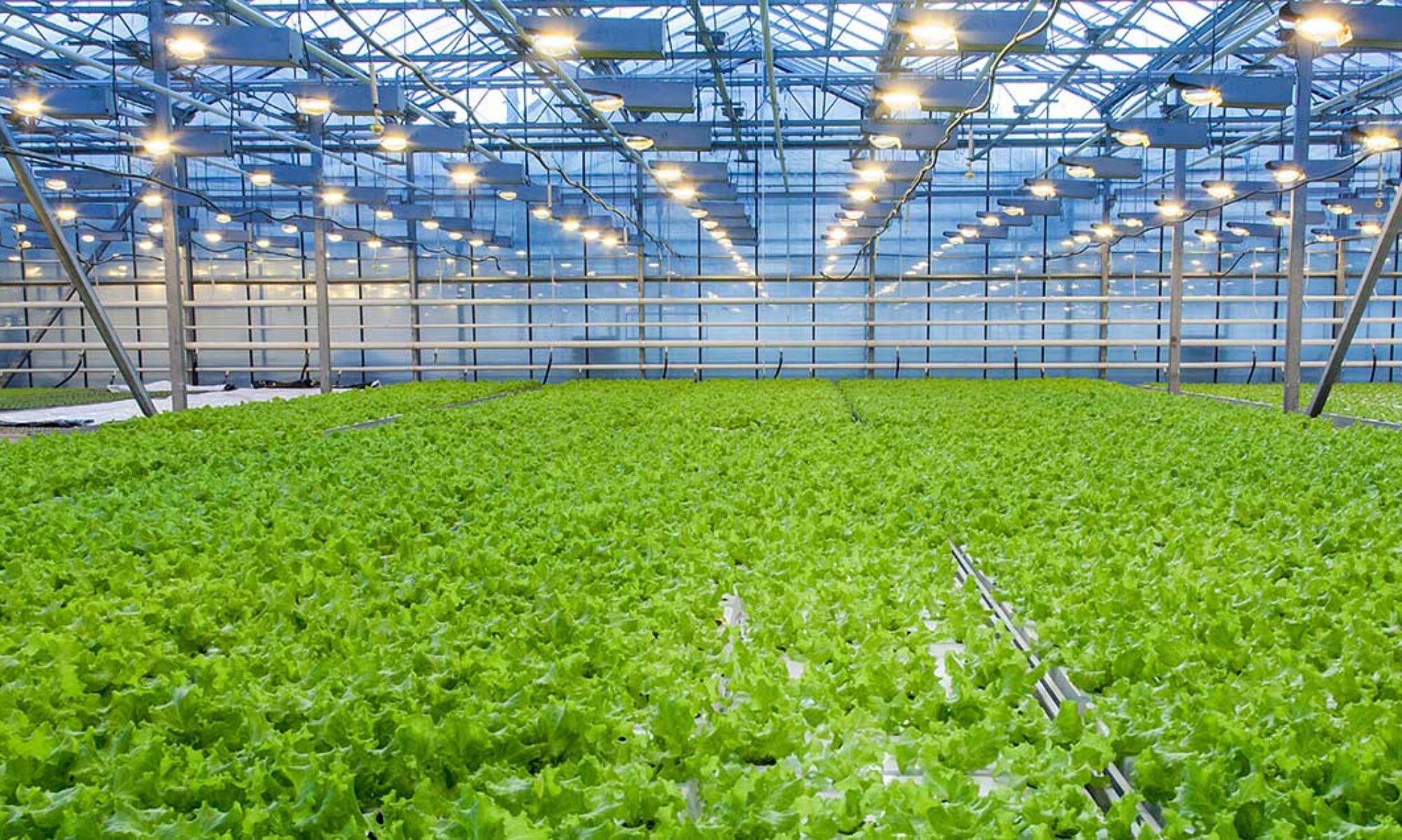
Photo Credit
The UN Food Systems Summit 2021
The United Nations Organisation will be convening a food systems summit 2021 to mark the decadal actions for attaining the sustainable development goals. The agenda of the summit will include the launch of the 5 bold action tracks vital for building sustainable and resilient food systems. The 5 action tracks are:
1. Ensure access to safe and nutritious food for all
2. Shift to sustainable consumption patterns
3. Boost nature-positive production
4. Advance equitable livelihoods
5. Build resilience to vulnerabilities, shocks, and stress
I am particularly going to focus on action track 2 in this blog post because shifting consumption patterns present great potential for delivering both human and planetary health. Transforming the food tax system by introducing greenhouse gas emission-based tax has the potential to transform eating patterns. Furthermore, action track 2 offers economical yet important solutions that require deliberate behavioral change by producers, wholesalers, retailers, and consumers.
Action Track 2 – Shift to healthy and sustainable consumption patterns

The effects of food and nutrition insecurity pose serious threats to the health of people. The situation is further exacerbated by the impacts of climate change. This has resulted in a global loss of approximately 255 million disability-adjusted life-years (Afshin et al., 2019). Additionally, Willett et al. (2019) assert that more than 820 million people suffer from obesity, coronary heart disease, diabetes, stroke, and other non-communicable diseases due to low-quality diets. Therefore, the increasing prominence of retailers in defining diets can be leveraged to influence a shift towards sustainable consumption patterns. Incorporating sustainable consumption strategies into the retailer’s food business model can have an overarching potential of attaining healthy lives globally.
Food stock Carbon Tax
Retailers have a prominent position to promote dietary shifts and create economic, environmental, and social value for food. The retailers’ triple-fold influence on agricultural systems on both the supply and demand side of food can have a significant role in dictating dietary shifts towards plant-based healthy diets. The collaboration among retailers, producers, processors, and consumers needs to be strengthened by policies that enable retailers to demand sustainable food products from producers. Shih-Tse Wang and Tsai (2014) assert that retail stores can influence consumer risk perception and impact behavioral change.

Therefore, actions that can underpin the shift towards healthy and sustainable diets would include the introduction of a wholesaler and retail food carbon tax. Tax can be charged based on the types of food stocks a shop contains-placing tax on food based on greenhouse gas emissions (Revoredo-Giha et al., 2018). This presents an effective way of monitoring available foods on the market and it is also an effective option for editing consumer food choices. Furthermore, wholesalers and retailers can promote the circularity of the food industry by entering into contractual agreements with manufacturing companies to establish an incentive-based system that encourages consumers to return recyclable food packages to the stores.
Conclusion
The shift to healthier diets will require producers to work hard to ensure that their farm enterprise activities do not transgress the planetary and healthy boundaries. Additionally, consumers need to be knowledgeable of the impacts of their dietary choices. Therefore, introducing food nutrition and climate change subjects at all in schools will be key to addressing dietary shifts. Conclusively, I believe that introducing a carbon tax based on the types of food items that wholesalers and retailers stock would be a viable mechanism to foster the transition to healthy and sustainable diets.
References
Afshin, A., Sur, P. J., Fay, K. A., Cornaby, L., Ferrara, G., Salama, J. S., Mullany, E. C., Abate, K. H., Abbafati, C. and Abebe, Z. (2019) ‘Health effects of dietary risks in 195 countries, 1990–2017: a systematic analysis for the Global Burden of Disease Study 2017’, The Lancet, 393(10184), pp. 1958-1972.
Revoredo-Giha, C., Chalmers, N. and Akaichi, F. (2018) ‘Simulating the Impact of Carbon Taxes on Greenhouse Gas Emission and Nutrition in the UK’, Sustainability, 10(1), pp. 134.
Shih-Tse Wang, E. and Tsai, B.-K. (2014) ‘Consumer response to retail performance of organic food retailers’, British Food Journal, 116(2), pp. 212-227.
Willett, W., Rockström, J., Loken, B., Springmann, M., Lang, T., Vermeulen, S., Garnett, T., Tilman, D., DeClerck, F. and Wood, A. (2019) ‘Food in the Anthropocene: the EAT–Lancet Commission on healthy diets from sustainable food systems’, The Lancet, 393(10170), pp. 447-492.

